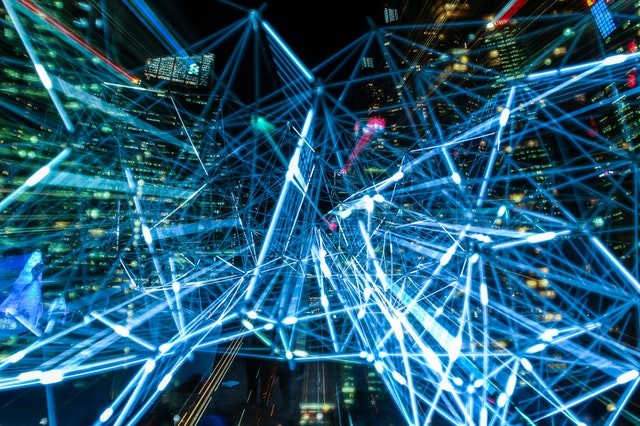Chinese scientists recently claimed they have developed the "AI Prosecutor," an artificial intelligence or AI nanny which can monitor and look after embryos as they develop into fetuses in an artificial womb setting.
A South China Morning Post specified that an artificial womb is designed for fetuses to grow in safely, develop and grow in, whereas a robotic or AI nanny is created to watch over and take care of the fetus inside that womb.
The Chinese researchers said that all within the realm of probability, in what could be considered a "breakthrough for the future of childbearing" in a nation that faces its lowest birth rates in many years. That is, once such technology has been allowed by the law.
For now, according to the Chinese scientists, the AI nanny is looking after a great number of animal embryos for the moment.
ALSO READ : Nuclear Warfare Smokes Can Block Ultraviolet Lights from the Sun, 15-Year Thinning of Ozone Layer

The Artificial Womb and AI Nanny
Findings of the study published in the local peer-reviewed Journal of Biomedical Engineering showed that the same technology though could take away the need for a woman to carry a baby, allowing the fetus to develop and grow more safely and effectively outside her body.
According to the Suzhou Institute of Biomedical Engineering and Technology professor Sun Haixuan, who also led the team, the artificial womb, also called the "long-term embryo culture device," is a container where mouse embryos can be placed to grow in a line of cubes full of nutritious fluids.
Previously, the development process of every embryo needed to be observed, documented, and attuned manually, a labor-intensive task that turned out to be unsustainable as the scale of the study increased.
Essentially, the robotic system or "nanny" now devised, can watch over embryos in exceptional detail as it moves upwards and downwards (the line), around the clock, as specified in the research.
Artificial Intelligence
Artificial intelligence is a technology that helps a machine detect the tiniest indications of change on the embryos and modify the nutrition, carbon dioxide, and environmental inputs.
The robotic system can even rank the embryos according to their respective development and health potential. When an embryo develops a major deficiency or dies, the machine then would alert a technician to take it out from the womb-like container.
The SCMP via MSN report also specified that the existing international laws do not allow experimental studies on human embryos beyond two weeks of development.
Nevertheless, study on the later stages is essential as there remain many unsolved mysteries about the physiology of normal human embryonic development, Sun's team explained in their study.
Technology for Solving Birth Deficiencies
In their research, the researchers also said, the technology would not just further understand the origin of humans' life and embryonic development.
A similar WION report said it also offers a theoretical basis for solving birth deficiencies, as well as other major reproductive health issues.
Such innovation comes as China experiences a sharp drop in terms of birth rates, with the number of newborn babies almost halving in the five years since 2016. Net population growth in 2021 was the lowest in 60 years, the National Bureau of Statistics reported.
Related information about the AI nanny is shown on Batesira Net's YouTube video below:
RELATED ARTICLE : Artificial Intelligence Developed to Predict, Analyze, and Select Priority Studies for the Next 10 Years
Check out more news and information on Artificial Intelligence in Science Times.











